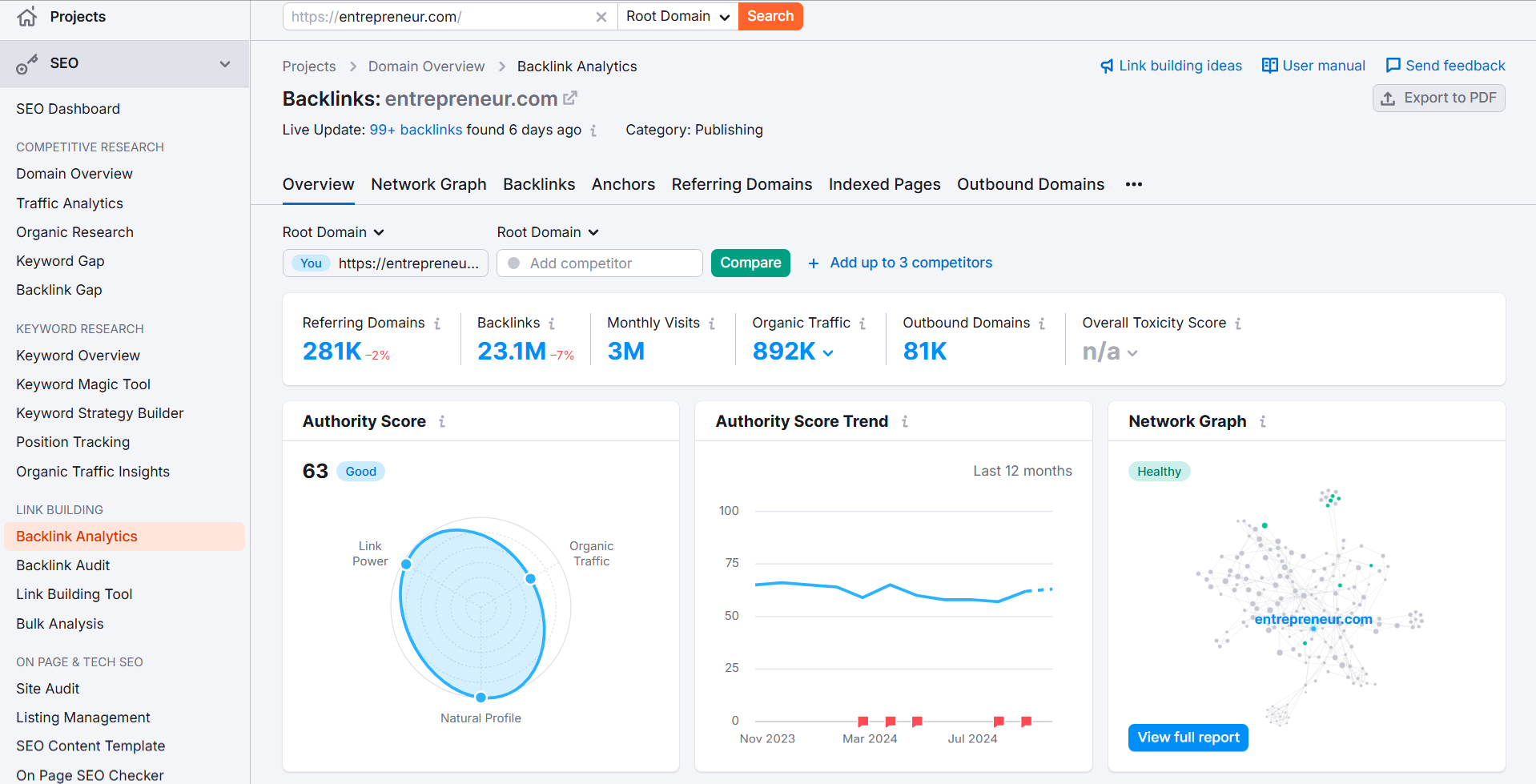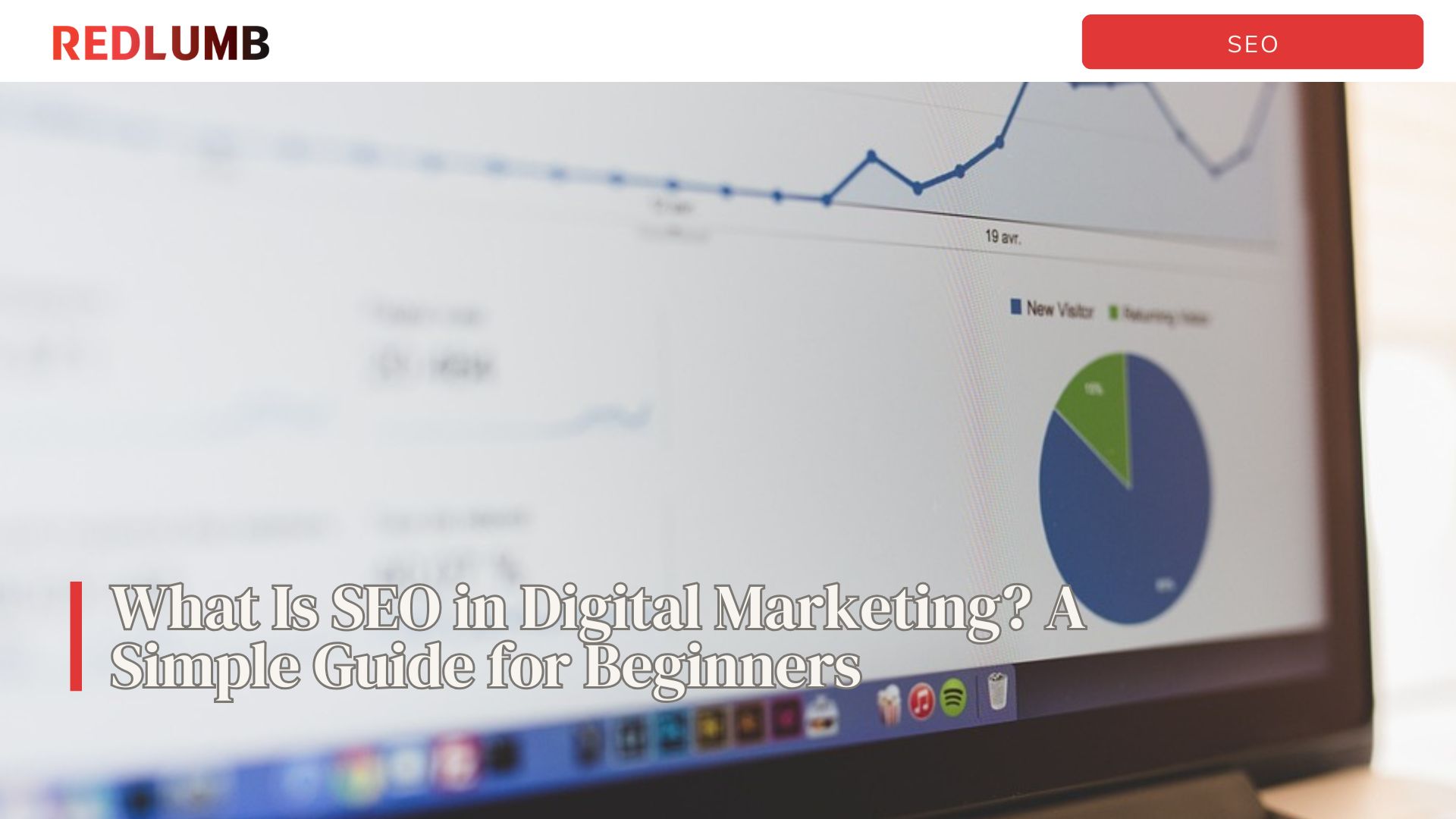Search Engine Optimization, commonly known as SEO, is a cornerstone of digital marketing. It refers to improving a website’s visibility in search engine results, which helps drive organic traffic and build credibility online. Whether managing a blog, an e-commerce platform, or a corporate website, mastering SEO can be a game-changer for reaching your target audience and achieving your goals.
In this guide, we’ll break down SEO in a way that’s easy to understand, so you can confidently start applying it to your own website.
[su_list class=”story-highlight”]Key Takeaways
- Search Engine Optimization helps your website rank higher in search engine results, making it easier for your target audience to find you and driving organic traffic.
- Effective SEO involves on-page optimization (content and keywords), off-page strategies (building backlinks), and technical improvements (site speed, mobile-friendliness, and structure).
- SEO is a continuous process that requires patience but delivers lasting benefits like increased credibility, better user engagement, and sustainable growth.[/su_list]
[su_service title=”How We Can Help?” icon=”icon: info-circle” icon_color=”#000″ size=”20″ class=”InfoBox”]Boost your website’s visibility and attract the right audience with expert SEO strategies—partner with REDLUMB to achieve sustainable growth and lasting success.[/su_service]
SEO and Its Role in Digital Marketing
At its core, SEO is about making your website more accessible and appealing to both search engines and users. Search engines like Google use algorithm updates to decide which websites appear at the top of their results. These rankings depend on factors like your content’s relevance, the website’s quality, and how well it meets the searcher’s intent.

SEO is vital because it ensures that your site gets discovered by people who are actively searching for what you offer. Without it, even the best-designed website might go unnoticed. Businesses looking to enhance their online visibility can greatly benefit from professional SEO services in Dubai, tailored to local and global audiences.
How Search Engines Work and Why It Matters
To understand SEO, it’s important to know how search engines operate. When someone types a query into a search bar, search engines crawl the web to find pages that match the query. They then index these pages, analyze their content, and rank them based on various criteria. This process is known as crawling, indexing, and ranking.

[su_service title=”Info” icon=”icon: info-circle” icon_color=”#000″ size=”20″ class=”InfoBox”]Your goal with SEO is to make it as easy as possible for search engines to crawl and understand your website. When search engines can clearly determine what your site is about and recognize its value, they are more likely to rank it higher in search results.[/su_service]
The Key Elements of SEO
SEO might sound complex, but it can be broken down into a few key components. Each plays a unique role in helping your website perform better in search results.
On-Page SEO
On-page SEO focuses on optimizing the elements within your website. This includes crafting high-quality content, using relevant keywords naturally throughout your pages, and ensuring your headings and meta descriptions are clear and informative. It’s about making every page as user-friendly and relevant as possible.
Off-Page SEO
Off-page SEO involves actions taken outside your website to improve its authority and reputation. This is often achieved through link building, which means earning backlinks from other reputable websites. The more trustworthy sites link to yours, the more likely search engines are to see your content as valuable.

Technical SEO
Technical SEO deals with the behind-the-scenes aspects of your site. It involves optimizing the site’s structure, improving page loading speeds, and ensuring that it’s mobile-friendly. Search engines favor websites that are fast, secure, and easy to navigate.
The Benefits of SEO for Your Website
The advantages of SEO extend far beyond just boosting your site’s visibility. When done right, it can transform your entire digital marketing strategy.

SEO helps you attract the right audience by targeting specific search terms related to your niche. It builds trust with users since high rankings are often associated with credibility. Over time, a well-optimized website can also lead to better user engagement, higher conversion rates, and long-term growth.
Common Misconceptions
Many beginners mistakenly think SEO is all about stuffing as many keywords as possible into their content. In reality, search engines prioritize quality over quantity. They want to deliver the best possible experience to users, which means your content needs to be valuable, engaging, and relevant.
Another misconception is that SEO produces instant results. SEO is a long-term strategy, and while it might take time to see significant improvements, the benefits are well worth the investment.
How to Get Started with SEO
Starting with SEO doesn’t have to be intimidating. Begin by understanding your target audience and what they’re searching for. Research relevant keywords and incorporate them naturally into your content. Make sure your website is easy to navigate and optimized for mobile devices.
[su_service title=”Important” icon=”icon: exclamation-triangle” icon_color=”#00ae27″ size=”20″ class=”ImportntBox”]Consistency is key, so focus on creating content that answers your audience’s questions and addresses their needs. Over time, these efforts will help your website rank higher and attract more visitors. From optimizing on-page content to managing technical aspects, SEO services in Dubai offer comprehensive solutions for businesses to thrive online.[/su_service]
All in all, SEO isn’t static. Search engines constantly update their algorithms, which means staying informed is essential. As technologies like artificial intelligence and voice search grow in popularity, SEO strategies will need to adapt. Keeping an eye on trends and learning from industry experts will help you stay ahead of the curve.
Why SEO Is a Must-Have for Any Digital Strategy
SEO is not just a technical process; it’s a way to connect with your audience and provide value. Whether you’re a small business owner or a content creator, incorporating SEO into your digital marketing strategy can open up new opportunities and set you apart from the competition.
By understanding the basics and applying them consistently, you can take control of your online presence and ensure your website reaches the people who matter most.
Moiz Banoori is a Digital Marketing specialist with over eight years of experience in content creation and digital journalism. He leads teams at various brands and focuses on developing effective SEO strategies that enhance online visibility. With a degree in journalism, Moiz combines his passion for storytelling with technical skills to deliver innovative digital solutions at REDLUMB, helping clients achieve their online goals in a competitive landscape.





